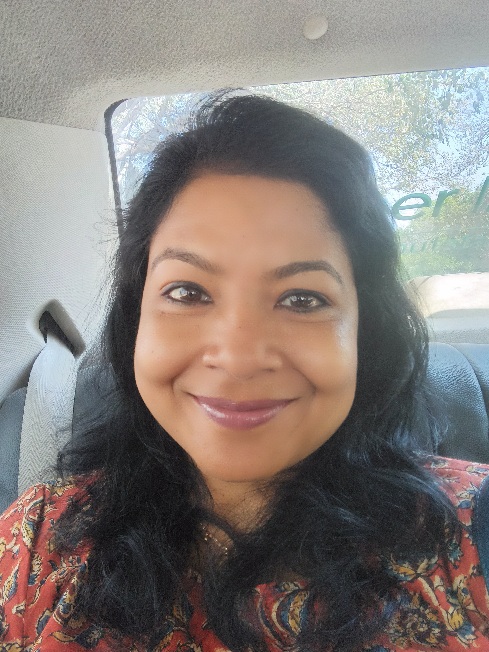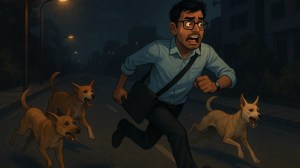Click here to join Express Pune WhatsApp channel and get a curated list of our stories
With a supercrop, this Pune entrepreneur is part of a global effort to save the planet
According to Carbon Brief, an organisation that covers climate science, energy and policy, specialising in clear, data-driven articles to improve the understanding of climate change, India is the world's third largest emitter of greenhouse gases, after China and the US.
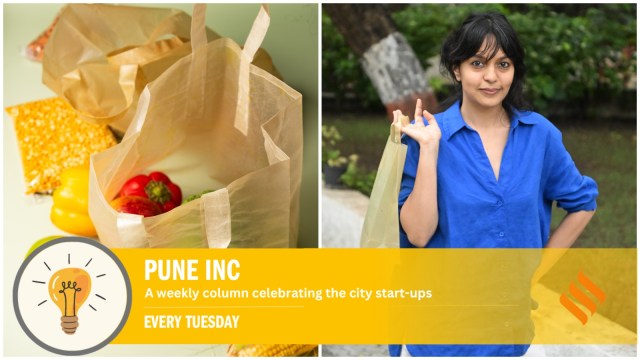 Neha Jain’s company Zerocircle is creating material to replace plastic from seaweed. (Photo: Zerocircle)
Neha Jain’s company Zerocircle is creating material to replace plastic from seaweed. (Photo: Zerocircle)In 2019, Neha Jain decided to try a social experiment. She was in a phase of life when she was receptive to the world’s problems and looking for solutions. “I decided, ‘From today, I will not bring any new plastic in my house’. That did not happen. But, I was determined that I would not dispose of the plastic the usual way but take it to a recycler,” she says. She did not find a recycler and, eight months later, had a room full of plastic. “This was when I was buying consciously,” she says.
According to Carbon Brief, an organisation that covers climate science, energy and policy, specialising in clear, data-driven articles to improve the understanding of climate change, India is the world’s third largest emitter of greenhouse gases, after China and the US. This was the global problem that Jain decided to confront by becoming an entrepreneur.
Today, Jain stands in the lab-cum-factory of her startup, Zerocircle, in Chinchwad which, at 5,000 sq ft, is one of the largest facilities in the country that is creating material to replace plastic from seaweed. This is still a pilot facility that will be able to ensure small-scale production. Jain’s ideas have found wide support, including from Pune’s Venture Centre, where she was incubated.
The company’s products range from coatings — the thin film that covers paper in which food deliveries are made, cake is packed and pizzas are packed. It is, conventionally, acrylate and styrene-based and pose a danger to consumer health and the environment — a unique type of paper that uses not trees but a floating brown algae called sargassum, among others, and pellets that can be used in conventional machinery as plastic substitutes. Zerocircle’s first products to hit the market large-scale will be coatings because of its high demand as policy makers are regulating the use of the plastic.
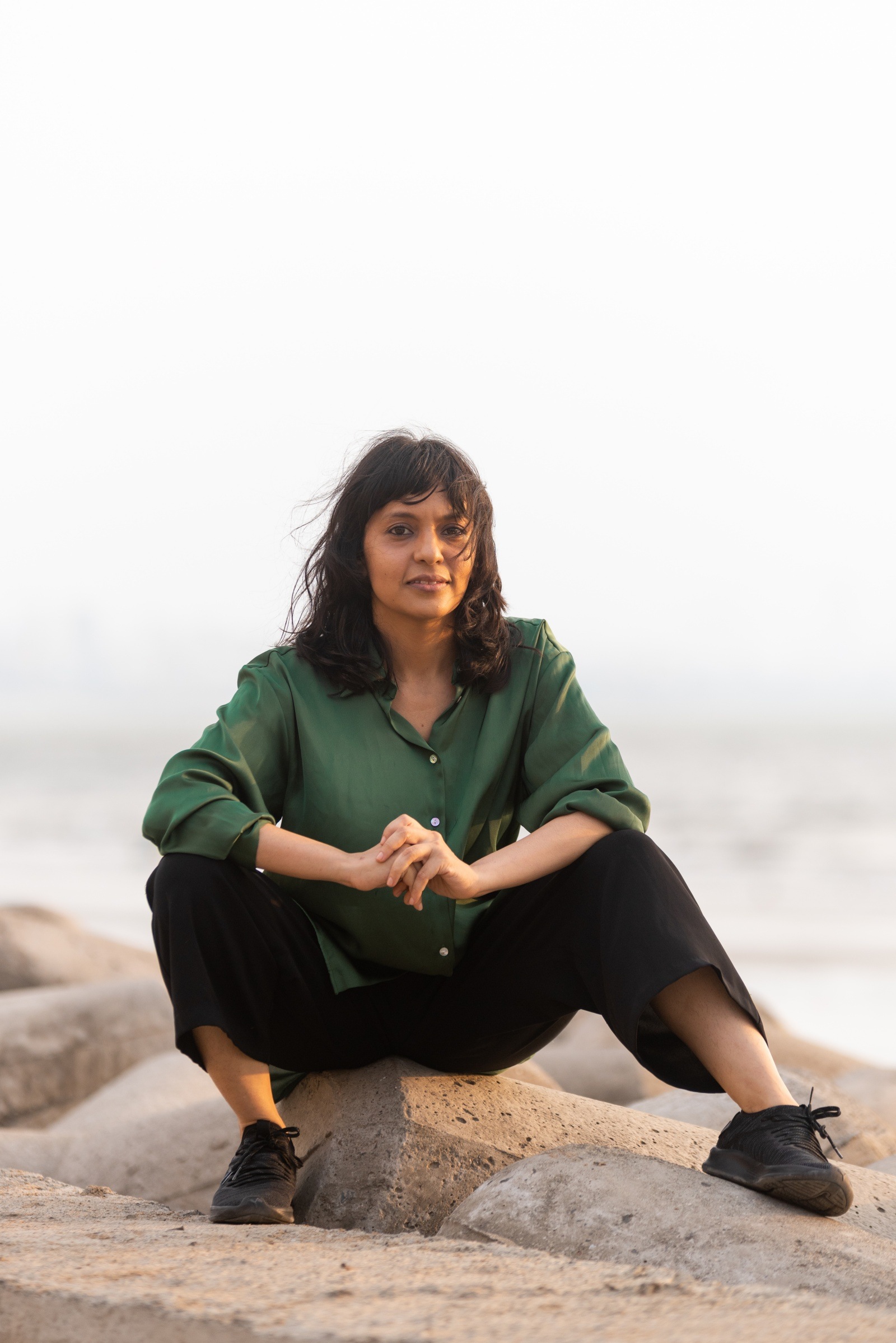 Neha Jain says that agriculture, the routine source of biosolutions, is responsible for depleting land and water resources and is dependent on fertilisers.
Neha Jain says that agriculture, the routine source of biosolutions, is responsible for depleting land and water resources and is dependent on fertilisers.
Globally, seaweed has emerged as a climate friendly supercrop that scientists and entrepreneurs are exploring through products, ranging from food for people and cattle to fuel. In 2013, The Guardian reported, “Seaweed farming is a nascent industry globally but the research says if it could grow to constitute 10% of human diets by 2050 it could reduce the amount of land needed for food by 110m hectares (272m acres) – an area twice the size of France.”
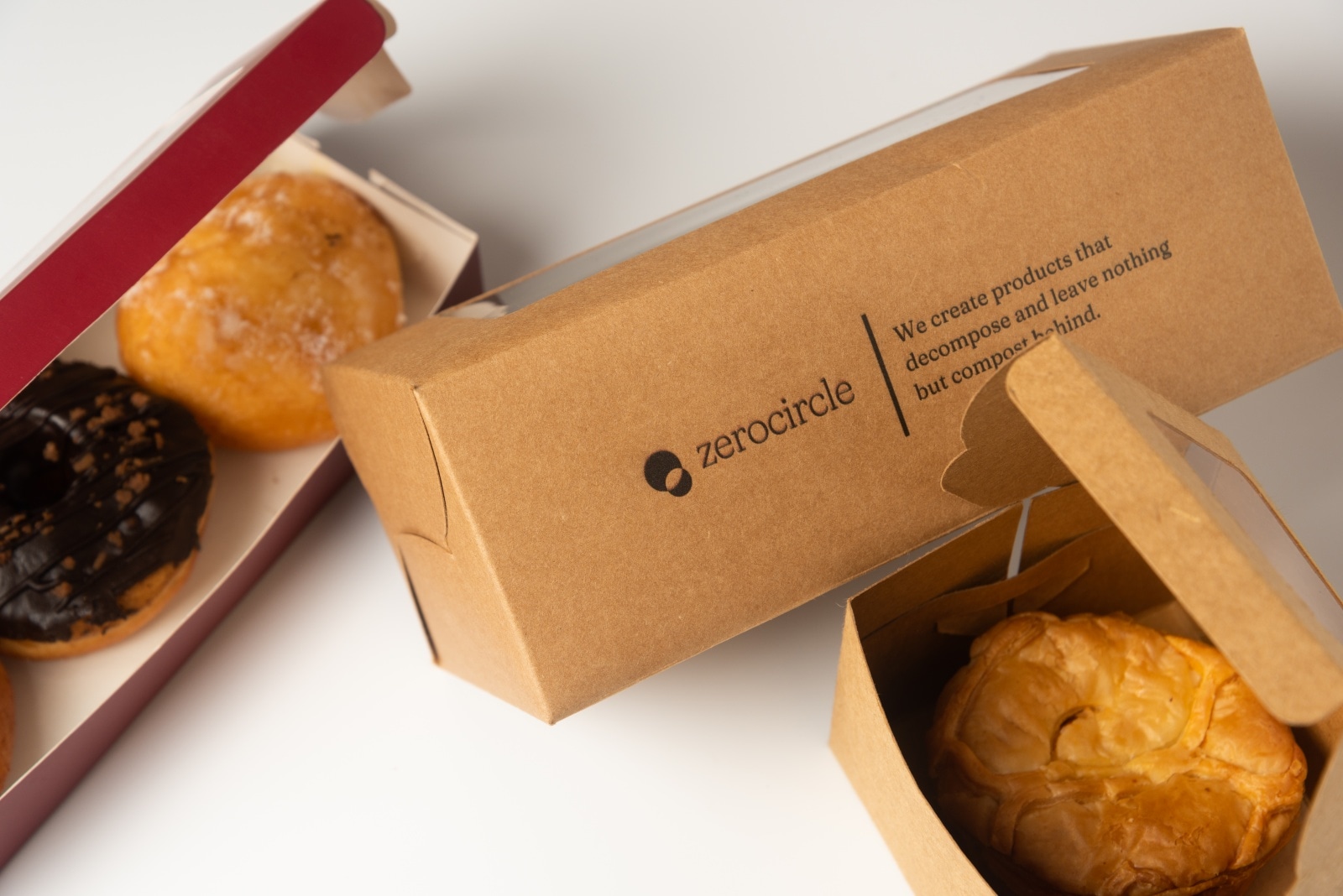 The company’s products range from coatings — the thin film that covers paper in which food deliveries are made, cake is packed and pizzas are packed.
The company’s products range from coatings — the thin film that covers paper in which food deliveries are made, cake is packed and pizzas are packed.
Jain talks with the passion of a hobbyist and the knowledge of a researcher, explaining how the majority of current solutions to plastic pollution come with question marks. She points out that agriculture, the routine source of biosolutions, is responsible for depleting land and water resources and is dependent on fertilisers. After her struggle with plastic at home, Jain realised that emissions occurring at an industrial scale cannot be controlled by making individual choices. “We do not have a lot of choice to begin with as even a blade of grass needs freshwater, which is a finite and fast-depleting resource. The answer, we found, was in our oceans, which is industry’s greatest dumpyard. The thousands of species of seaweed that grow in the oceans can help us mitigate food scarcity and create sustainable packaging, among others,” she says. What Jain found, to her surprise, was that seaweed has been a part of coastal cultures. In Goa, brown seaweed is used by certain communities in food preparations.
Zerocircle spent several years creating compounds from seaweed that would go into building material that would flow and act like plastic and can be used in regular machinery. The company’s products are intended for consumer use so, though their seaweed products are not of edible-grade, Jain says that, unlike the plastic that enters food and the body, the seaweed does not accumulate in the body. “Don’t call us edible. We are not creating food. The seaweed coating will not give you protein or nutrition but it is also safe for the body,” she says. It is also respectful to the environment.
Click here to join Express Pune WhatsApp channel and get a curated list of our stories

